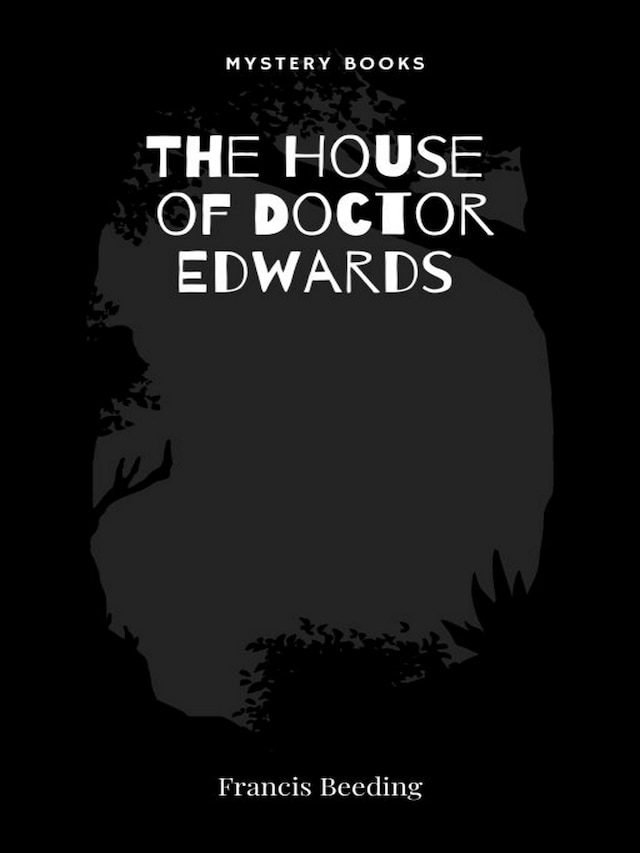
The House of Doctor Edwards
Beschrijving van het boek

